-
Research brief: New model shows how air conditioners will change energy demand with climate change

This work describes a new cross-scale modelling framework for urban environments and applies it to calculate how electricity and gas demand will change under future climate change and air conditioner (AC) ownership scenarios.
-
Research brief: Marine heatwaves – the models vs reality
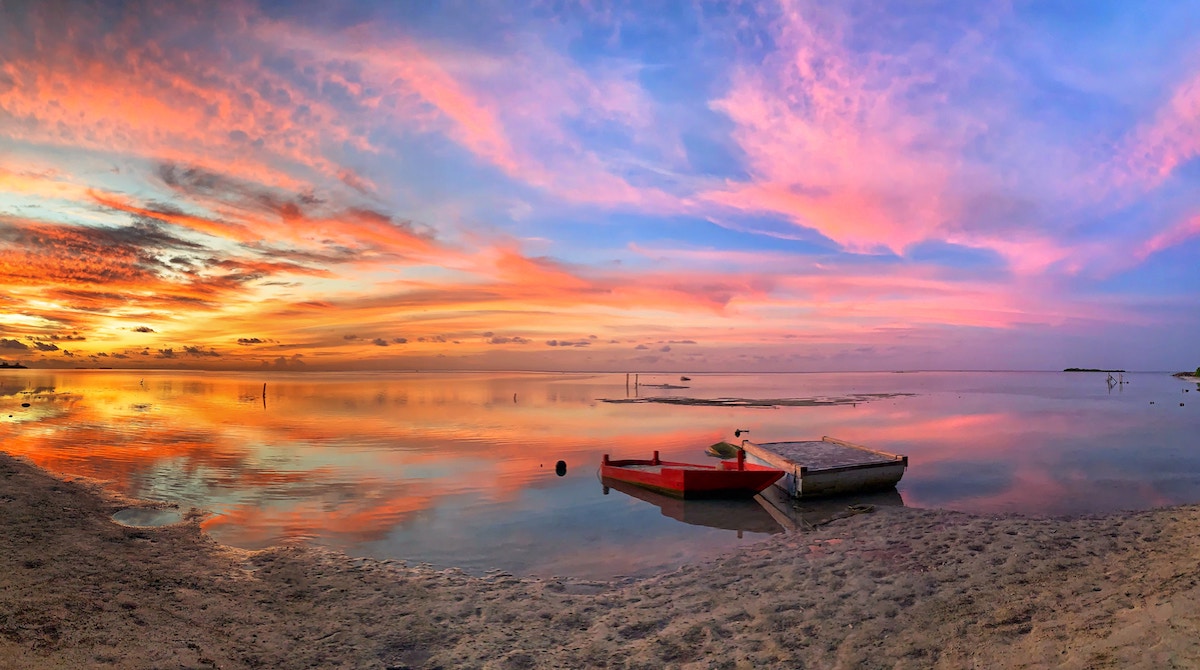
In this work, CLEX researchers compared the performance of three ocean simulations – with low, medium and high resolutions – when representing marine heatwaves.
-
Research brief: How dry soils amplify Australian heatwaves
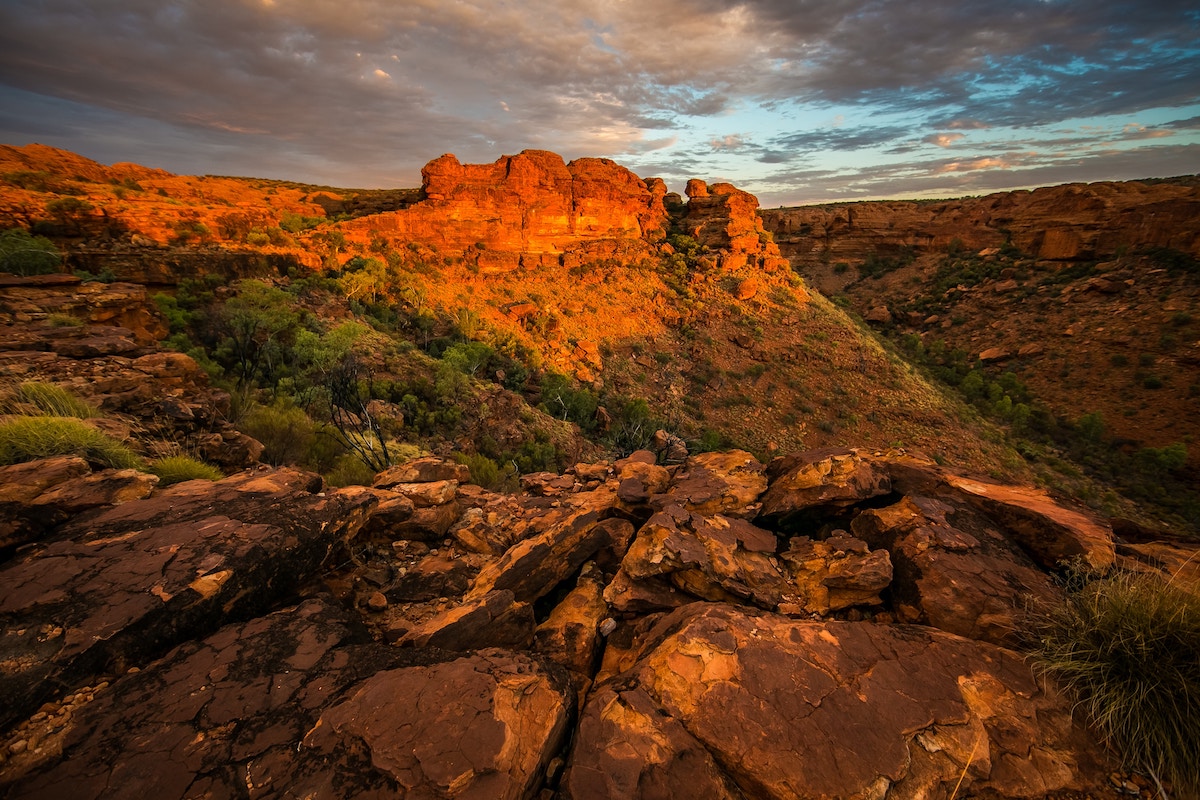
CLEX researchers found that regions where there is a larger drying trend tend to be more sensitive to land water availability and have more heatwave days. They found that the effect of dry soils before a heatwave varies considerably across Australia.
-
Climate change will increase frequency of Australia’s most dangerous fires
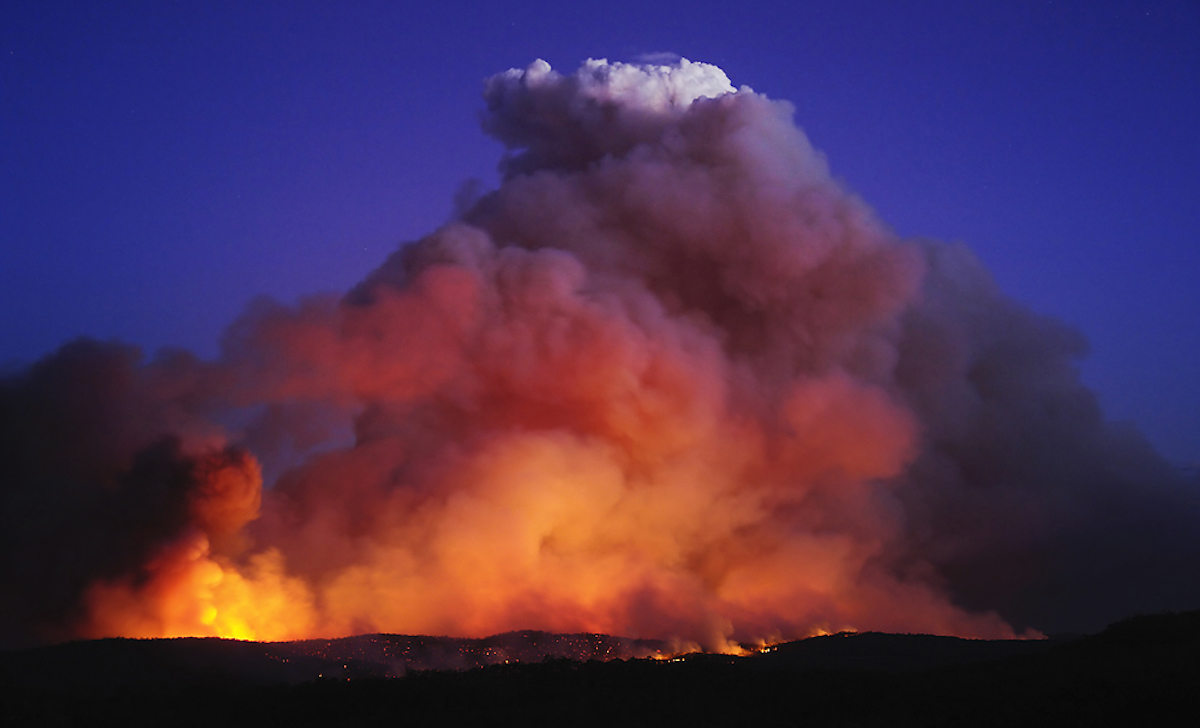
Catastrophic wildfires like the Black Saturday wildfires in 2009 and Canberra Wildfires of 2003, which were so large and dangerous that they generated their own weather systems – including the world’s first filmed fire tornado – are likely to be more frequent in the future as a result of climate change across southeast Australia
-
Record warm temperatures above Antarctica likely to bring hot and dry extremes to Australia
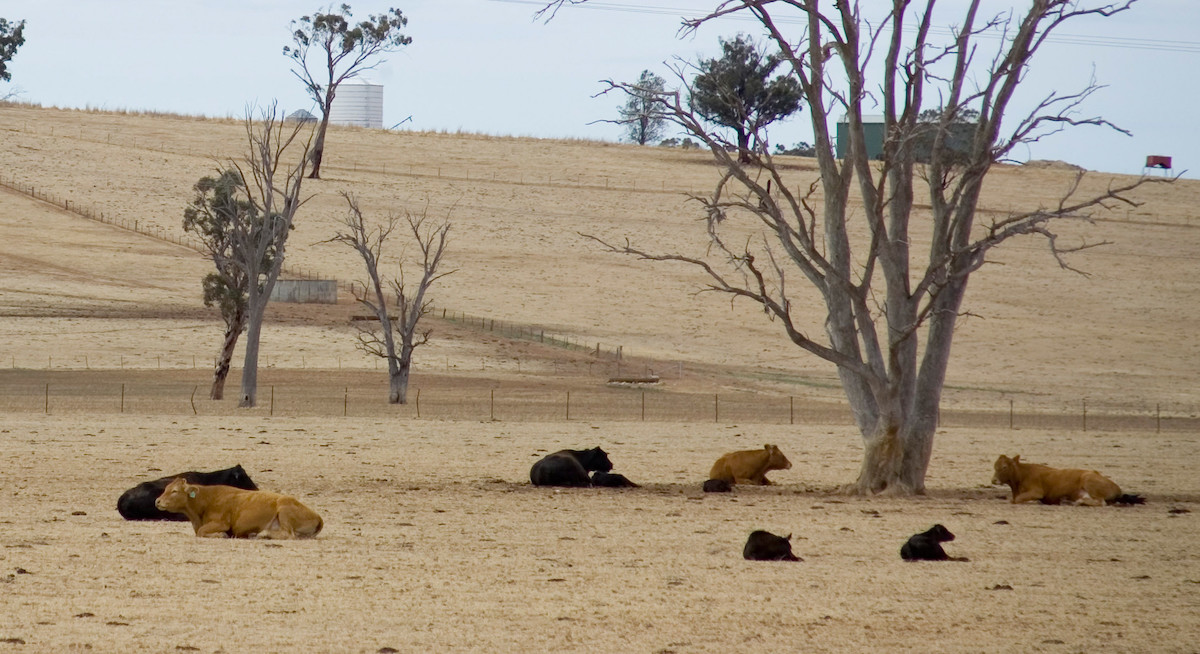
A new study with Centre of Excellence researchers warns that changes in springtime winds high above the South Pole could trigger higher than usual heat waves and fire-prone weather conditions in Australia.
-
Research brief: The dynamics of summer heatwaves over Sydney

This study answers the questions: how different is the meteorology of heatwaves in NSW from those in Victoria, and how representative were the heatwaves of 2017 of previous heatwaves in NSW?
-
Indian Ocean causes drought and heatwaves in South America
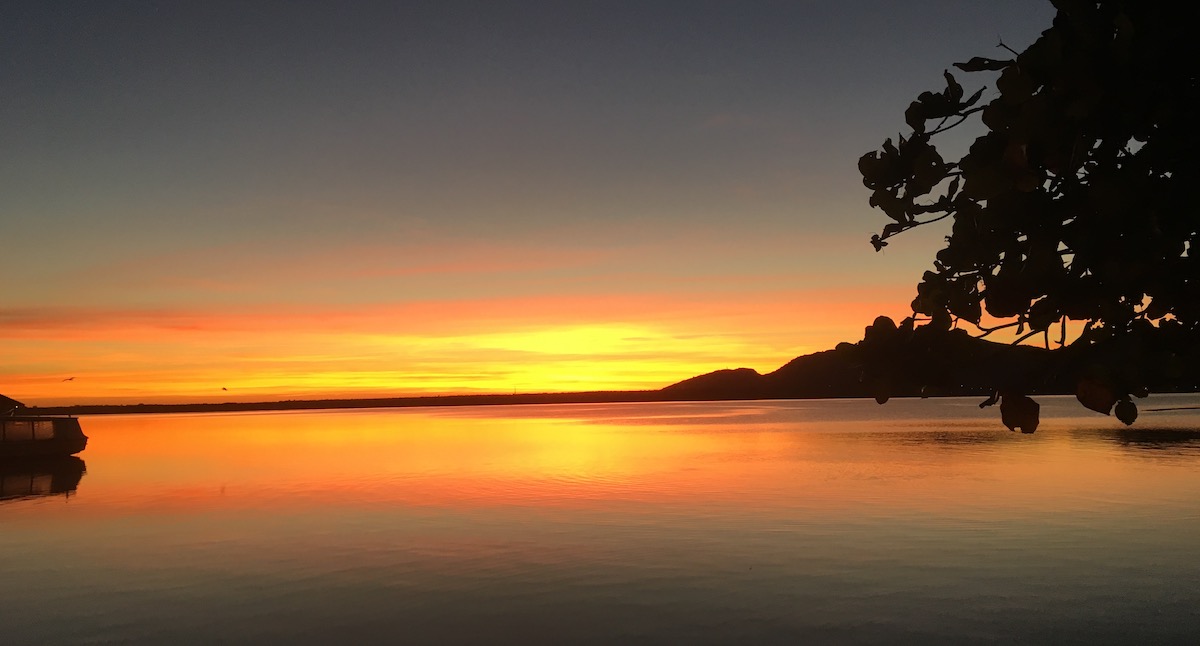
Indian Ocean convection caused a powerful planetary wave that led to a drought in South America and a marine heatwave in the South Atlantic that lasted for months.
-
Distant processes influence marine heatwaves around the world
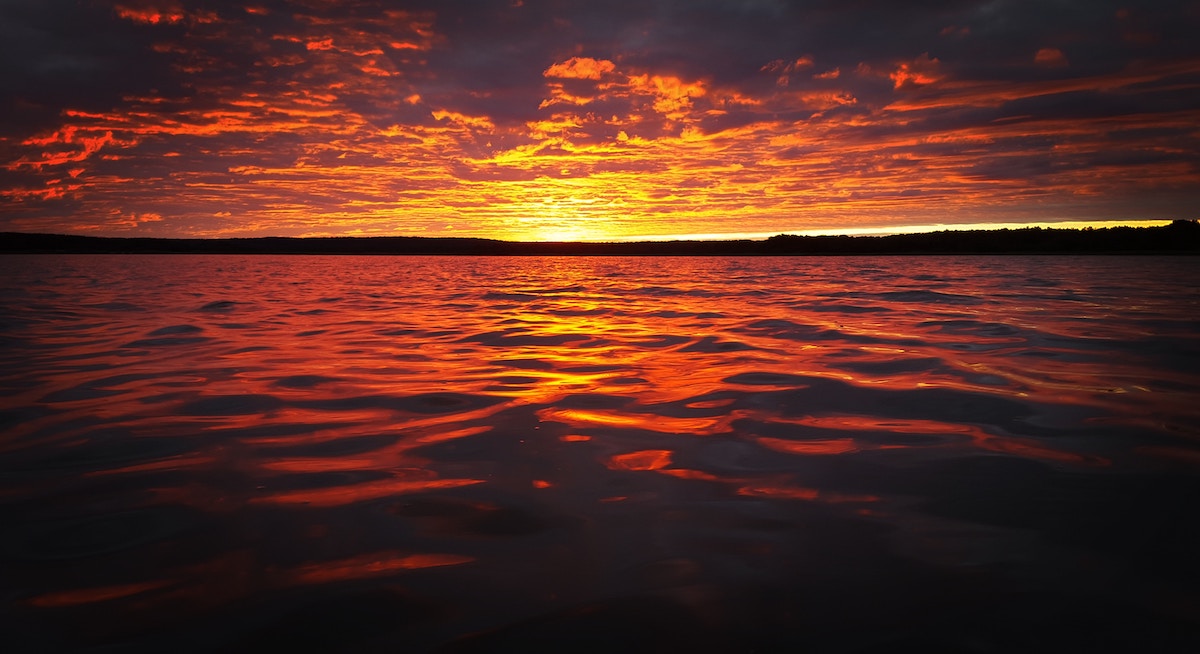
An international team, led by Australian researchers from the ARC Centre of Excellence for Climate Extremes (CLEX) and the Institute for Marine and Antarctic (IMAS) studies, have published in Nature Communications the first global assessment of the major drivers of marine heatwaves.
-
Research brief: Is the pattern of Earth’s warming going to change and why?
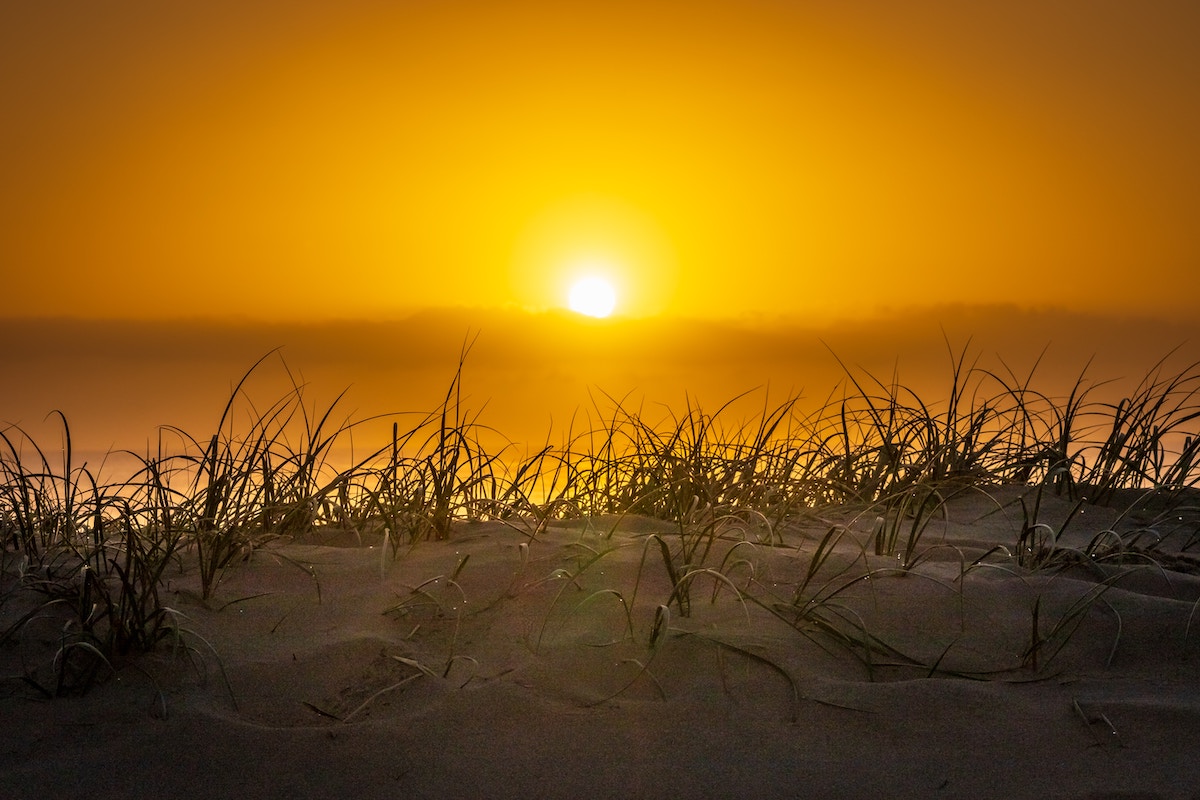
New study highlights local warming is expected to accelerate beyond the global average in mid latitude regions, especially in summer. Over oceans the rise will be below global average warming.

